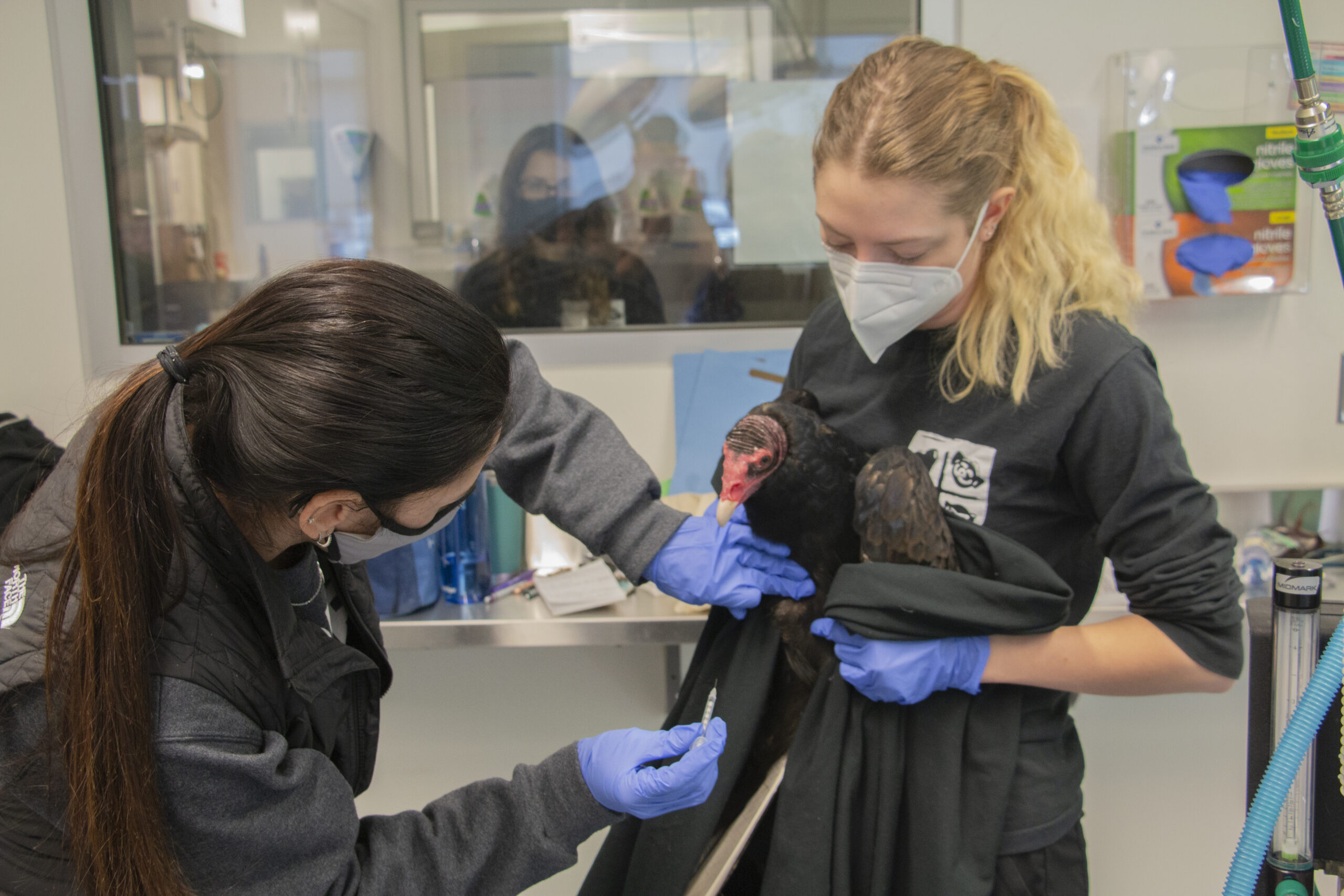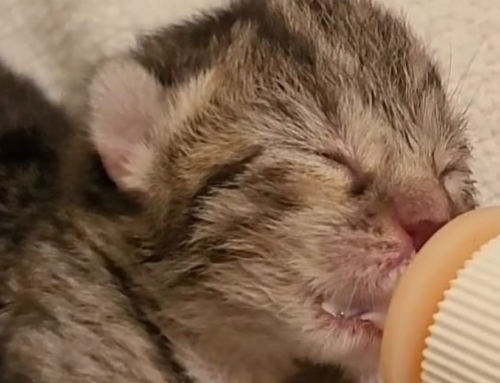What is HPAI?
Highly Pathogenic Avian Influenza is contagious disease affecting wild and domestic birds. It is spread through respiratory and fecal secretions, direct bird to bird interactions, or contact with contaminated environments, and has been associated with high mortality rates and large mortality events in wild birds. Species most at risk include gulls, waterfowl, ravens, crows, turkeys, grouse, and raptors. HPAI also affects domestic poultry, waterfowl and parrots. Click here to learn more about Avian Flu.
Symptoms to look for:
- Birds can be asymptomatic carriers and still pass the virus to others, but some clinical signs of HPAI include:
- Respiratory illness (sneezing, ocular or nasal discharge, respiratory distress, swelling around the eyes)
- Lethargy, listless behavior
- Neurologic abnormalities (poor balance, trouble walking, abnormal head and neck posture, circling or falling over, tremors, seizures)
- Gastrointestinal disease (foul smell/diarrhea)
- Circulation abnormalities (swelling of the limbs, patchy discoloration of fleshy areas)
- Sudden death, especially acute death with no obvious cause
What do I do if I find an injured or orphaned high-risk species?
- Don’t panic! We are accepting high-risk species but our in-take procedure has adjusted a bit to ensure all patients and ambassadors are kept safe.
- FIRST: If you have found an animal experiencing symptoms of HPAI do not bring them to our Center, please call the PA Game Commission immediately. (Southwestern PA Regional Office 724-238-9523)
- We are still taking high risk species, we just do not want animals that are symptomatic on site, the PGC can take care of them for testing
- Wear gloves while handling the animal
- Place it into a plastic carrier or cardboard box with a towel on the bottom
- Do not offer any food or water, and allow the animal to remain in a dark and quiet space
- Line your vehicle’s trunk with plastic garbage bags or a tarp to place the carrier on
- Please bring the animal in a carrier/box
- FIRST: If you have found an animal experiencing symptoms of HPAI do not bring them to our Center, please call the PA Game Commission immediately. (Southwestern PA Regional Office 724-238-9523)
- It has now been confirmed that it has made the jump to mammals, multiple Fox kits have contracted HPAI after ingesting contaminated birds. We are now recommending people take down their bird feeders and bird baths.
What can I do to help mitigate risk?
- Avoid feeding waterfowl at ponds (Gathering large groups of animals in one place encourages disease to spread)
- If you have pet birds or domestic poultry, avoid public ponds where ducks and geese might congregate
- Call your family vet immediately if any pet birds show signs of illness
- Disinfect your bird feeders
- While songbirds are not considered at the highest risk, disinfecting bird feeder with 1:10 bleach/water solution helps prevent all diseases from spreading and keeps birds healthy
- Always rake up old seed shells from under feeders




